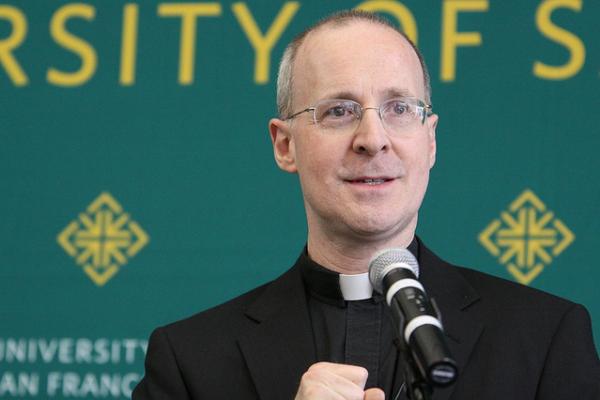Sep 15, 2017
The level of polarization is the worst I’ve ever seen in my 30 years as a Jesuit. And I think a lot of it has to do with the pushback, opposition, and downright contempt for my fellow Jesuit, Pope Francis. His emphasis on mercy, on accompaniment, on encounter and, especially, as in (his apostolic exhortation) “Amoris Laetitia,” on discernment, has driven some people into near hysterics.
Read the Full Article

Already a subscriber? Login
